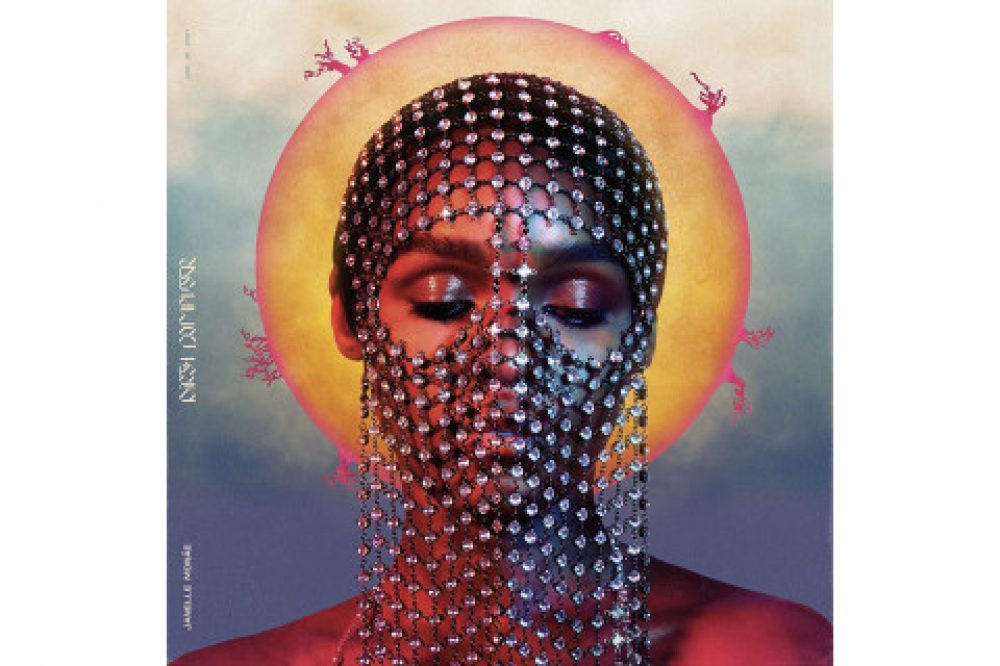I’ve never dated online, mostly because I’ve been in a longterm relationship for the past four years, but also because (aside from being woefully bad at technology) the snap judgements demanded of people when “online dating” scare me. Oftentimes, dating apps (despite flashy, “multicultural” ads that imply otherwise) actually accentuate the identity-based assumptions we make in real life (irl), providing a conduit for our most racist, sexist, classist, ableist, and transphobic selves to “shine” through, swiping left on anybody who doesn’t, immediately, meet our preconceived notions of a what a partner “should be,” notions that are always inflected by implicit biases.
But, I also think that not having to subscribe to online dating sites is, in itself, a privilege connected to the ways in which white femininity is idolized in U.S. society and my pansexuality broadens rather than narrows my possibilities. If it is unlikely that you will be able to find suitable dating partners/prospects irl because you are a member of a minority group, whether you identify as a racial and/or sexual minority, then online dating may provide ways for you to connect with other queer people and/or black people. This helps to expand the pool of dating possibilities beyond the people you would ordinarily “bump into.” Of course, entering these cyber worlds never allows an actual reprieve from the real world, and, like “real life” is beset with issues and ethical inquiries.
As co-chair of Converging Worlds, I help to facilitate pen pal relationships between students at Williams College and incarcerated (often LGBTQIA identified) people on the Black and Pink database. I often think about what it means that students can choose to narrow their search for a suitable pen pal by checking off various identity and interest-based boxes (especially since there is an inherent power asymmetry between people in the free world and people in prison, the people choosing pen pal and people being chosen). On the one hand, identity-based markers can enable students to more easily connect with people who share certain, salient identities and interests with them, helping to bridge the gap between two people in disparate places and positions. On the other hand, this feature enables choosers to systematically exclude people with certain identities or interests. We know, from statistical and anecdotal research, that the people most often excluded are the people most marginal to U.S. society (trans folks, trans folks of color etc). Another issue with this feature is its ability to enable fetishization because when somebody does choose markers of marginality to narrow their search (unless they share those markers) they are, primarily, choosing somebody based on a snapshot image of what that identity means, rather than the individual’s personality. This feature has both pros and cons, like any piece of technology, and its effect is, ultimately, dependent on how it is used. In the end, online dating is just a projection of dating irl, one which carries whatever assumptions and prejudices we, consciously or unconsciously, carry with us.
